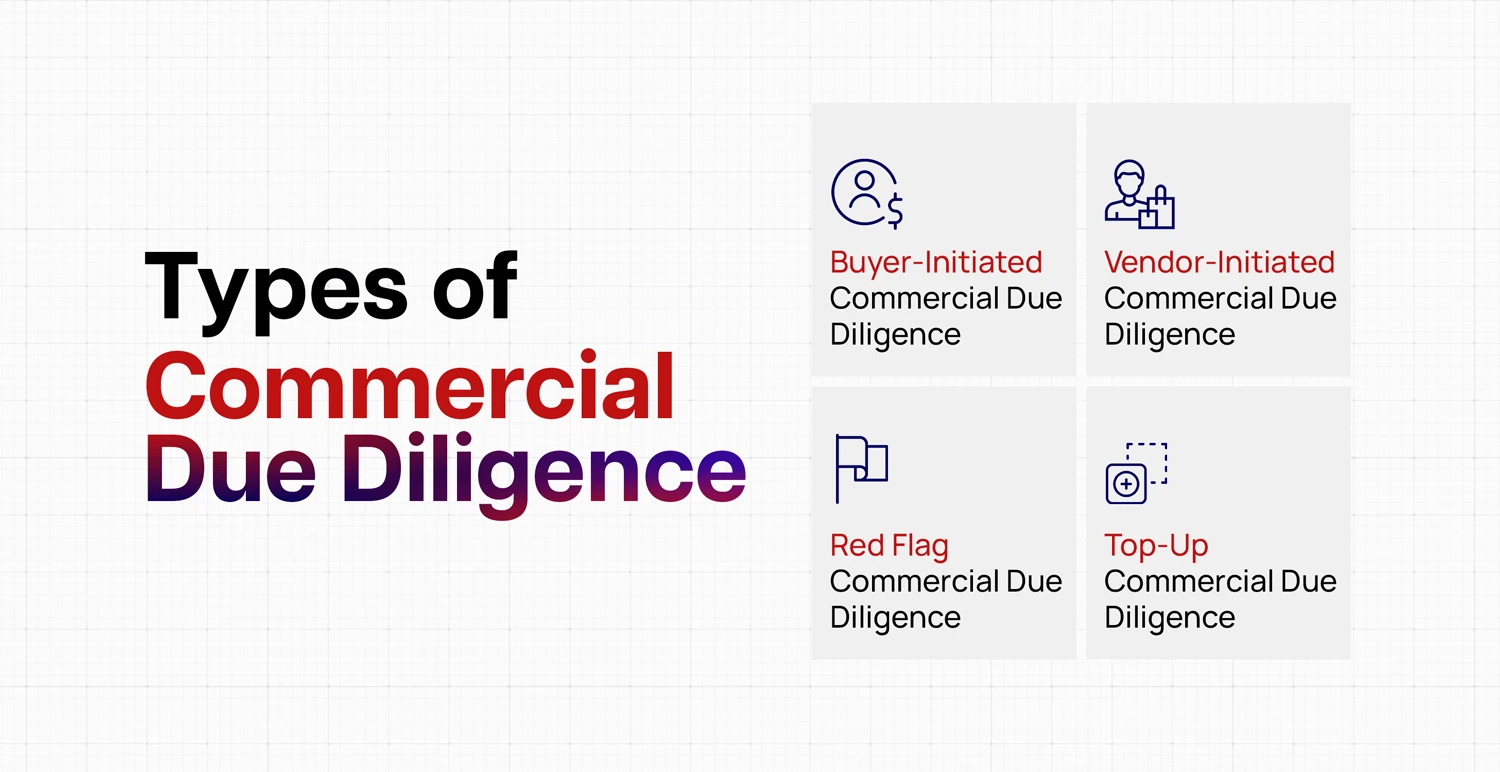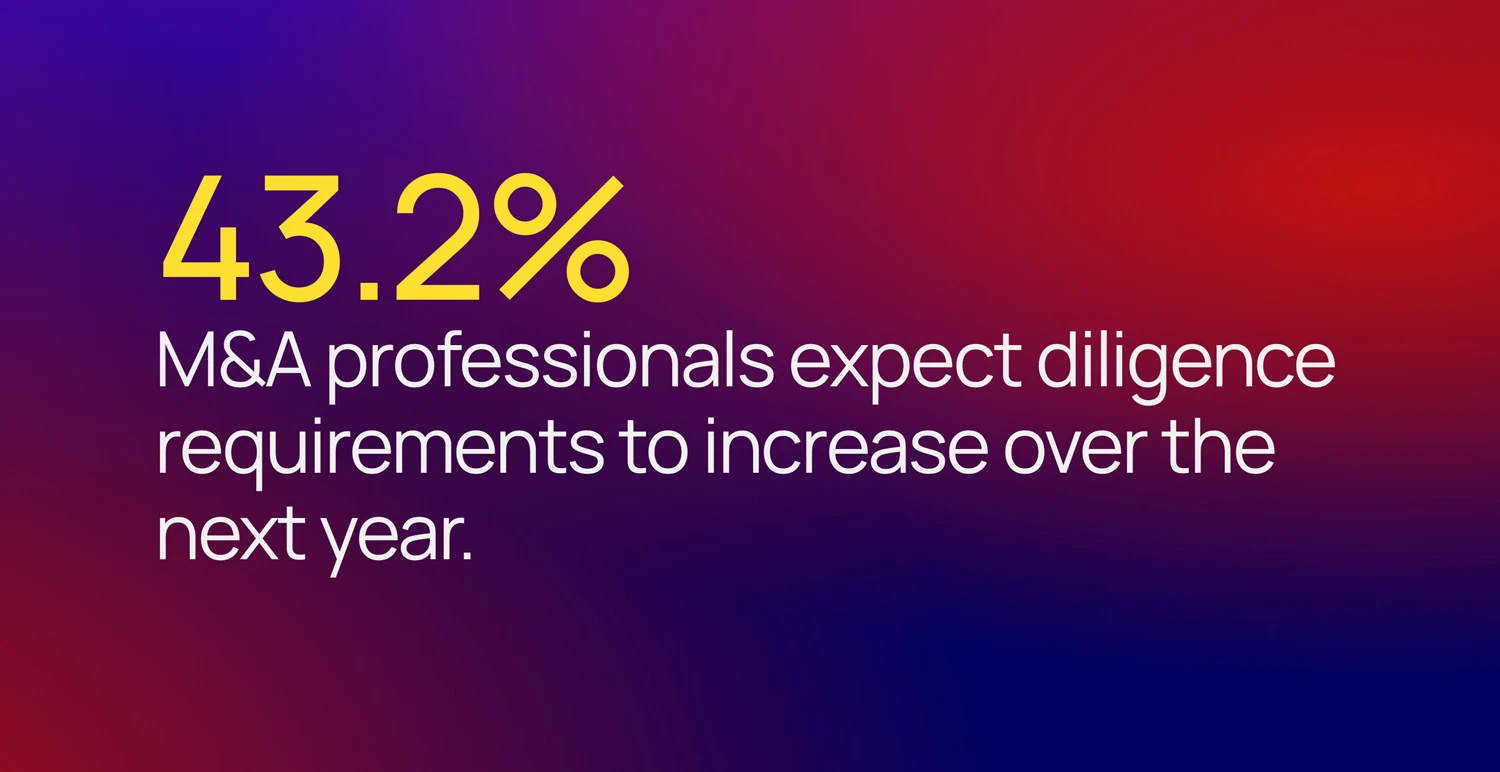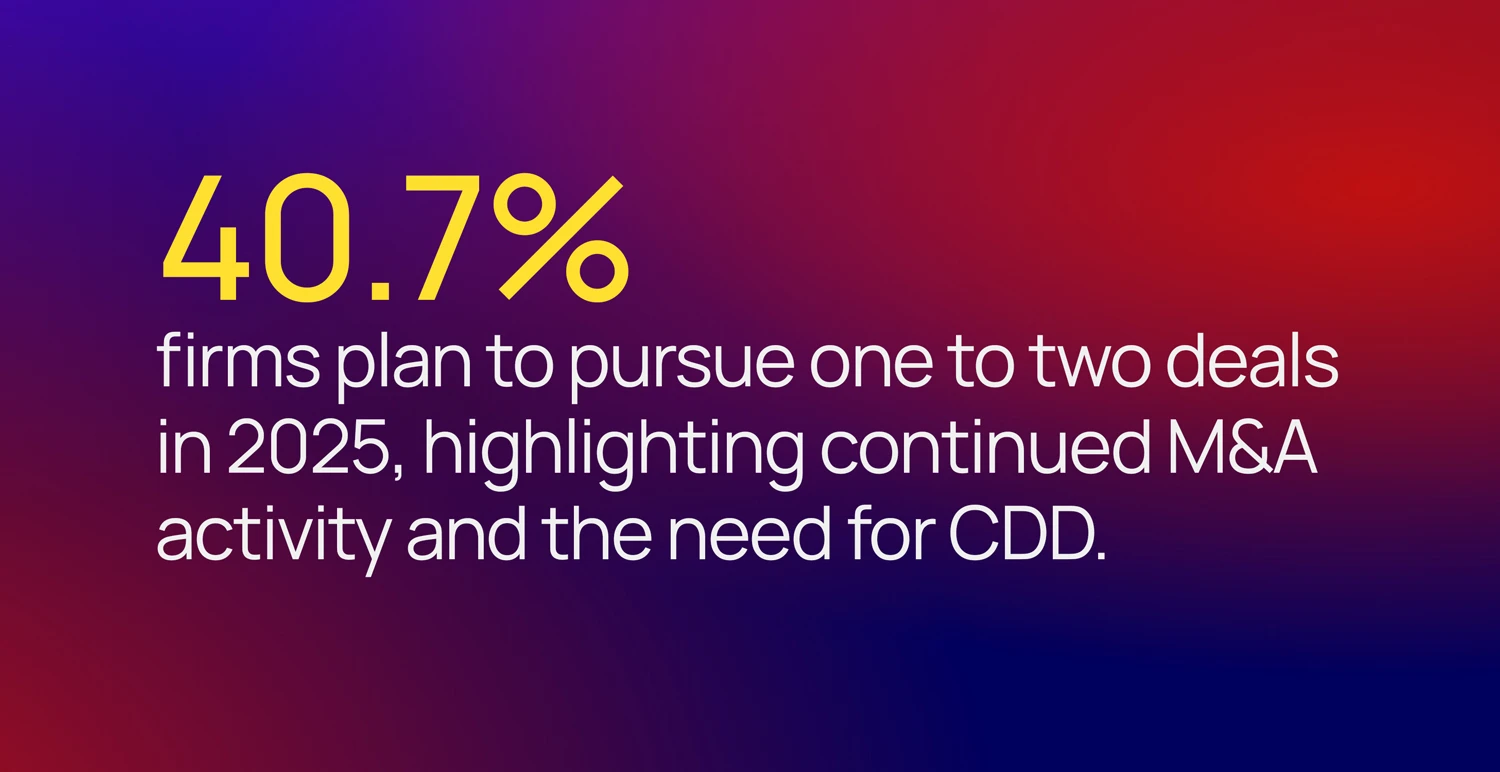Fast-scaling businesses often need to make strategic financial decisions quickly. Think of a situation where customers are coming in, products are moving, and your team is expanding. But your finances? They’re messy. Reports don’t add up. Cash flow feels like guesswork. When investors ask for performance metrics, you scramble.
Today, companies must make crucial financial decisions even without having a dedicated in-house finance team. This is especially true for high-growth companies and professional services firms that need forward-looking financial leadership without the long-term cost of hiring a full-time CFO.
That’s where outsourced CFO services come in. Whether you’re preparing for an investor meeting, managing complex reporting requirements, or simply trying to get ahead of your cash flow, an outsourced CFO can provide strategic financial expertise tailored to the needs of your company.
You don’t need to hire a full-time executive. You need financial clarity without the overhead. For businesses seeking CFO advisory for professional services firms, outsourcing this role brings flexibility, insight, and cost efficiency without compromising on quality.
What Is an Outsourced CFO?
An outsourced CFO is a senior financial expert businesses can hire:
- On part-time basis
- On demand
- For a contractual project
Outsourced CFOs bring executive-level financial strategy to your business without being on your payroll full-time. Working closely with these professionals, companies can understand their numbers, strategize their growth, and improve cash flow. The experts also free up your time, helping you focus on running your business.
When Do You Need an Outsourced CFO?
Often, growing organizations fail to realize when exactly they need to work with these professionals. CFO support for high-growth companies is necessary when:
- The organizations have raised capital but don’t know how to present financials to investors
- Businesses make decisions based on instinct, not data
- The finance team is overwhelmed or nonexistent
- While reports exist, no one can explain what they mean
- The growth feels exciting, but financially, the business is unstructured
If any of these sound familiar, outsourcing CFO support for high-growth companies could be your next smart move.
What Does an Outsourced CFO Actually Do?
CFOs provide strategic guidance, unlike bookkeepers or accountants who focus on recording data. Here’s what these professionals typically handle.
- Strategic planning and forecasting: They create financial plans backed by data, forecast revenue, model scenarios, and define paths for growth.
- Cash flow management: CFOs track incoming and outgoing funds, prepare for seasonal fluctuations, and ensure there’s always a buffer for emergencies.
- Budgeting: They build budgets, monitor actual performance, and offer recommendations if things go off track.
- Financial reporting: CFOs are responsible for delivering cleared and tailored reports for profit and loss, balance sheets, dashboards, and investor updates.
- Compliance and risk management: From audit support to tax strategy, your CFO ensures your financials are clean and your business is protected.
- Advisory support: They help you price services, manage hiring plans, and prepare for investor meetings or acquisitions.
Why Businesses Choose Outsourced CFOs
Now, let’s find out what makes outsourcing CFOs a strategic decision for businesses.
- You get access to decades of experience at a fraction of the price of hiring in-house.
- With real-time insights and accurate reporting, you’re not flying blind anymore.
- If you’re raising capital, a CFO can prepare your financials and help present a professional image to VCs or banks.
- Outsourced CFOs translate complex financial data into clear, actionable insights.
- Outsourced services scale with your needs as your organization grows.
What Outsourced CFOs Don’t Do
While successful organizations look to hire fractional CFOs, it’s crucial to understand what they can’t help you with.
- They’re not your daily bookkeepers. Routine tasks like data entry or reconciliations should go to a dedicated accounting team. A CFO helps businesses with financial strategy, not transactions.
- CFOs don’t lead investor meetings, though they can prepare you for them. Investors want to hear from founders, but your CFO ensures you speak their language.
What to Look For in a CFO
While hiring a fractional CFO for outsourced solutions, look out for these essential qualities:
- Strong financial acumen
- Proven expertise in your industry
- Strategic vision and planning capabilities
- Strong communication and reporting skills
- Familiarity with financial tools and dashboards
- Updated knowledge of tax, compliance, and risk
How to Hire a Fractional CFO?
Outsourcing CFO services is a crucial decision, so businesses must work on the following:
- Firstly, it’s critical to define their needs, which include strategy, cash flow, and compliance
- CFOs are cost-effective but not cheap, so budgeting is something to work on early
- The next step involves shortlisting firms with relevant experience and genuine references
- Aligning on KPIs, goals, and reporting structures is a vital but often overlooked priority
- Organizations can start with a pilot period and scale as needed
Specialized CFO Support For High-Growth Companies
Whether you’re a startup founder or managing partner at a consulting firm, the right financial partner can make the difference between growing with control and growing into chaos. Outsourced CFO services help growing companies with the knowledge and tools to make smart and scalable financial decisions.
The IMC Group offers specialized CFO advisory for professional services firms, helping fast-growing companies land on their growth trajectory. Experienced professionals deliver strategic insight without the full-time cost, so that businesses can prioritize building their organization.





































 IMC Group
IMC Group